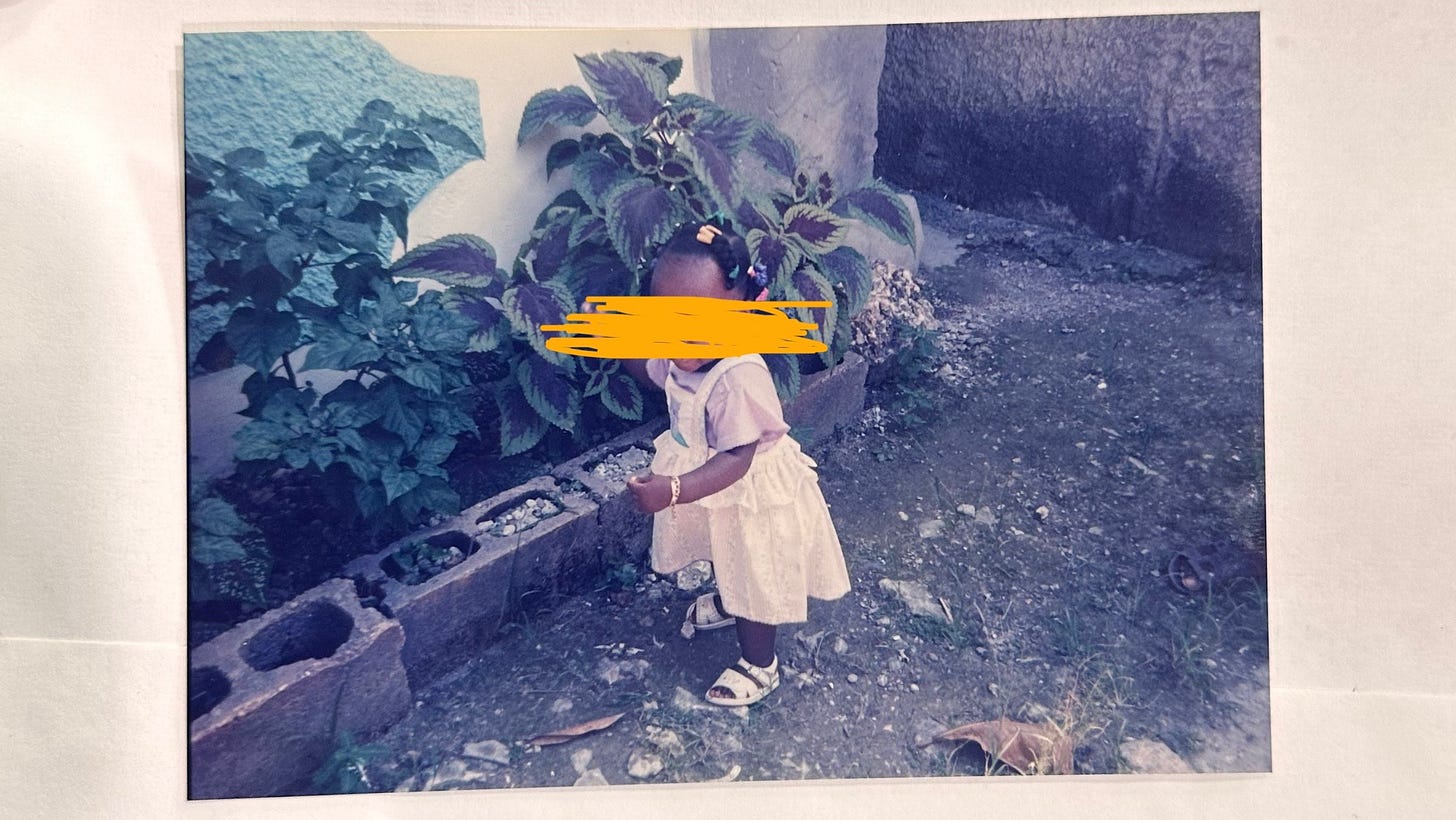I left home at 11 years old — well, home, if you can call it that.
My daddy jokes that all Jamaica ever gave him was a birth certificate. Not an education, hardly a roof over his head. For my part, I have two core memories of Jamaica — being great at school and scared for my life. Dressed neatly in uniform, driving, cool, past blood in the streets.
Our white walls were cold year-round, even during parties, which we hosted regularly enough. My own room was purple, because even as a child, I thought pink too predictable. The gravel in our yard, scraps of cement from years of construction, would not let grass grow.
What is home? Is it a place? Is it a state of mind? People? Or moments passing?
I think it’s a little bit of all of these. Once you’ve been vulnerable in a place, among people, in an experience, they leave an imprint you can never erase. You carry all those nouns with you, all those sentiments, sometimes unpacking them into living rooms, bedrooms, kitchens.
Sometimes you carry them only in your being — the one place you don’t have to pay rent. Not with dollars, anyway.
When I came to America, I found a new type of home: Black, a classification and container for family. A family that I resembled, in ways, but that I was unalike, in others. Black history in America, past and present, is not something you can assume yourself into. Different nouns.
I would live in France, later, an anonymous visitor to the suburbs of Bretagne. I’d build routines around buses, dinners, and a language that I made my own. But I was not among family. Black, queer, américaine — nouns that made my otherness known.
My home, now, is the in-between. Platform nine and three quarters.
I’ve carried it with me, since all those years ago, unpacking boxes for temporary stays. Visiting with friends and dear ones, then packing their gifts as I continue on my way.
My home does not exist in any singular noun, except me.



